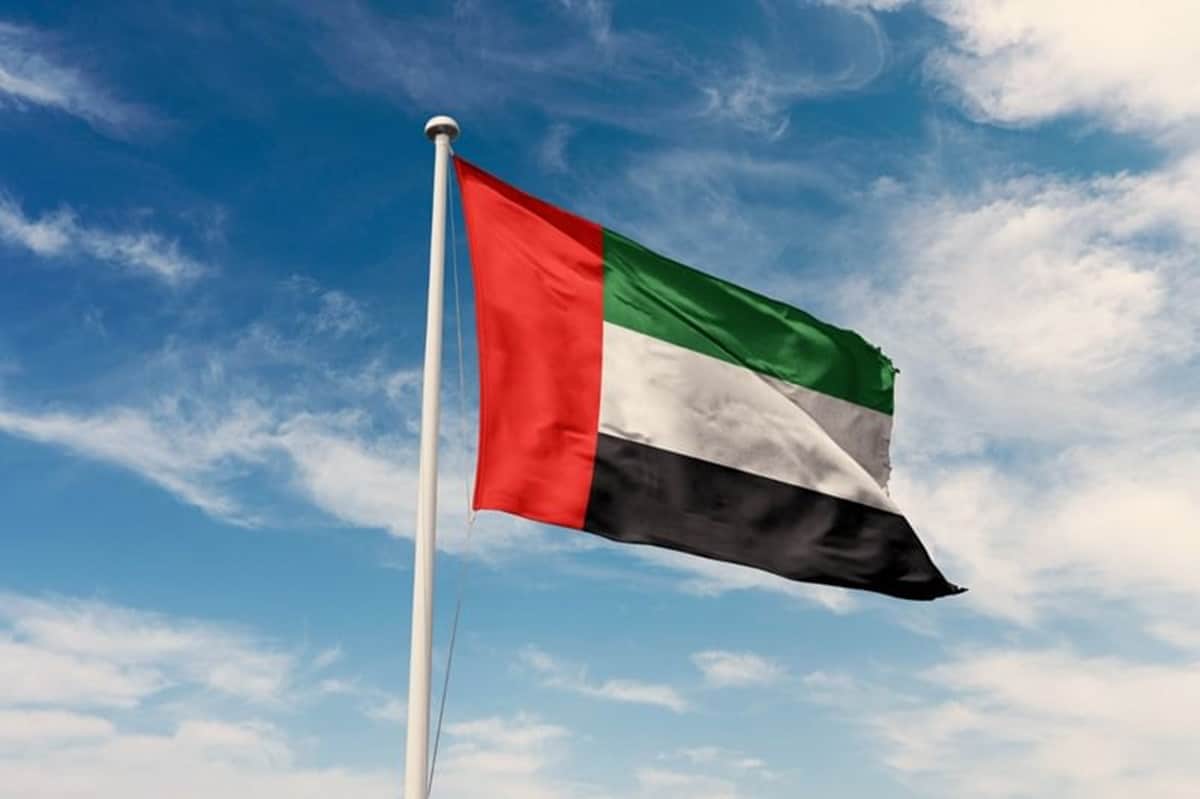UAE Announces New Tax Rules for Free Zones: Expansions and Clarifications to Boost Economic Growth
The UAE Ministry of Finance has unveiled updated corporate tax regulations for Free Zones, replacing outdated decisions with fresh guidelines aimed at enhancing business clarity and attracting investment. Effective immediately, Ministerial Decision No. 229 of 2025 expands qualifying activities while providing essential clarifications, signaling the UAE’s commitment to maintaining its status as a global business hub amid evolving international tax standards.
Overview of the New Tax Rules
On September 3, 2025, the UAE Ministry of Finance (MoF) announced the repeal of Ministerial Decision No. 265 of 2023, introducing Ministerial Decision No. 229 of 2025 on Qualifying Activities and Excluded Activities for Corporate Tax purposes in Free Zones. This update refines the framework established under the Federal Decree-Law No. 47 of 2022 on the Taxation of Corporations and Businesses, which introduced a 9% corporate tax rate effective June 1, 2023.
The new rules focus on broadening the scope of activities eligible for the 0% tax rate for Qualifying Free Zone Persons (QFZPs), while ensuring compliance with global standards. Key changes include expansions in commodity trading definitions and clarifications on related services, designed to support economic diversification and foster innovation in Free Zones. Businesses in Free Zones must still meet substance requirements, such as maintaining adequate employees, assets, and operations within the zone, to qualify for tax benefits.
Key Changes in Qualifying Activities
The updates significantly expand the definition of Qualifying Commodity Trading, now including industrial chemicals, associated by-products of qualifying commodities, and environmental commodities. This broadens opportunities for sectors like manufacturing and logistics, previously limited under the 2023 rules.
Additional clarifications cover treasury and financing services for Related Parties, recognizing self-investment within these activities—whether for Related Parties or the taxpayer’s own account—as qualifying. This provides certainty for financial operations within Free Zones. The rules also specify that distribution of goods or materials in or from a Designated Zone allows transactions with public benefit entities without affecting the de minimis threshold, which caps non-qualifying income at the lower of 5% of total revenue or AED 5 million.
Ministerial Decision No. 230 of 2025 lists recognized pricing agencies, offering taxpayers clear guidance on applying the rules and ensuring arm’s length pricing for transactions.
Background on UAE Free Zone Tax Framework
Since the introduction of corporate tax in 2023, Free Zones have retained their appeal with a 0% rate on qualifying income, but only for entities meeting strict criteria as QFZPs. Qualifying activities historically included manufacturing, processing, logistics, and certain financial services, but exclusions applied to dealings with natural persons or mainland entities. Non-qualifying income, such as revenue from domestic permanent establishments or immovable property outside the zone, is taxed at 9%.
The 2025 updates build on prior Cabinet and Ministerial Decisions, like Cabinet Decision No. 100 of 2023, which defined qualifying income to include intellectual property exploitation under a nexus approach. The Federal Tax Authority (FTA) has emphasized audited financial statements and transfer pricing documentation as mandatory for compliance, even for dormant entities. Failure to adhere can result in loss of QFZP status for five years, subjecting all income to the 9% rate.
Expert Opinions and Business Reactions
Tax experts hail the changes as a positive step for clarity. “These updates reflect the UAE’s proactive approach to aligning with OECD standards while preserving Free Zone incentives,” said a PwC Middle East tax specialist, noting the expansions could boost foreign direct investment by AED 100 billion annually. Analysts from Deloitte and EY predict smoother operations for commodity traders and fintech firms, but warn of stricter audits for non-qualifying income.
Business leaders in Free Zones, such as those in Dubai International Financial Centre (DIFC) and Abu Dhabi Global Market (ADGM), have reacted favorably on social media. Posts on X highlight the “game-changing” inclusion of environmental commodities, with one Dubai-based trader stating, “Finally, clarity on by-products— this will supercharge our green initiatives.” However, some SMEs express concerns over compliance costs, urging the MoF for simplified filing processes.
The MoF emphasized Free Zones’ role in economic diversification, stating the decisions “provide a supportive environment in line with international best practices.”
Implications for U.S. Businesses and Investors
For American companies and investors eyeing UAE Free Zones, these rules enhance opportunities in trading and financing, potentially reducing effective tax burdens to near zero for qualifying operations. With U.S.-UAE trade exceeding $30 billion in 2024, expansions in commodity trading could open doors for U.S. exporters in chemicals and renewables, lowering barriers amid global supply chain shifts.
Economically, the updates may attract more U.S. firms to zones like Jebel Ali Free Zone, boosting bilateral investment and creating jobs in logistics and tech—sectors vital to American interests. Politically, they align with U.S.-UAE pacts like the Abraham Accords, promoting stable trade environments. Lifestyle benefits include easier relocations for expat families, with tax savings on qualifying income supporting higher disposable earnings. Technologically, clarifications on financing services could accelerate U.S.-UAE fintech collaborations, impacting innovations in AI and blockchain. In sports, enhanced Free Zone incentives might draw more U.S. teams for training camps in Dubai, leveraging tax-efficient sponsorships.
Conclusion: A Forward-Looking Framework for Growth
The UAE’s new tax rules for Free Zones, through Ministerial Decisions No. 229 and 230 of 2025, refine and expand the corporate tax regime to promote transparency, compliance, and investment. By broadening qualifying activities and clarifying key areas, these changes reinforce Free Zones’ role as engines of economic diversification.
Looking ahead, businesses should review operations for QFZP eligibility, with the FTA expected to issue further guides by year-end. For U.S. stakeholders, this evolution underscores the UAE’s investor-friendly stance, promising sustained bilateral economic ties and opportunities in a dynamic market.
